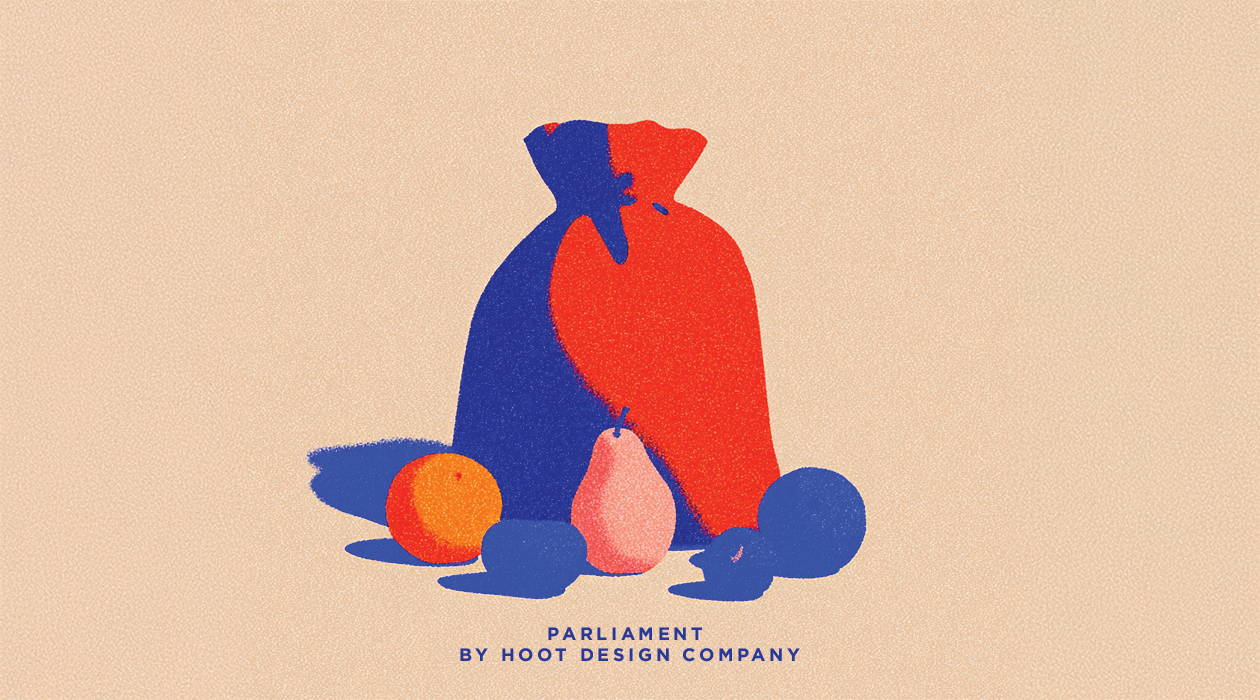Parliament | From Resentment to Revolution
The Thirteen-Year Wake-Up Call
After thirteen years of marriage, my husband and I were ready to flip everything upside down.
I was becoming the official, primary breadwinner, he was going part-time to become the primary caretaker of our home.
We were about to rewrite a dynamic that had been set in stone since our first child was born. Gender roles, financial responsibilities, household management, career priorities—everything was about to change.
And we were smart enough to know: we couldn't do this alone.
So we did something preemptively, most couples don't: we got a therapist.
Not because we were in crisis, but because we were about to voluntarily create one.
The Business Parallel
This same slow burn is happening in companies everywhere.
Founders carrying unspoken expectations about "how things should work." Teams shouldering responsibilities they never agreed to. Everyone operating from assumptions that were never made explicit.
The result? Resentment. Quiet quitting. Good people leaving for reasons they can't quite articulate.
When Clarity Becomes Revolutionary
Here's what we told the therapist: "We're about to solidify a breadwinner dynamic with her as the primary earner and him as the primary caretaker. Can you help us navigate this intentionally?"
Most people would have said this was overkill. Our therapist said we were smart.
Because here's the thing: when you've operated one way for thirteen years, your patterns run deep. Your assumptions about roles, responsibilities, and expectations are invisible—until they're not.
We needed an outsider to help us see our blind spots, challenge our assumptions, and consciously design a partnership that actually worked for who we were becoming, not who we'd been.
Your Company's Resentment Audit
Ask yourself: What are the unspoken expectations slowly poisoning your culture?
Role Confusion: Are people doing work they never signed up for because "it needs to get done"?
Values Misalignment: Are you expecting behavior that contradicts your stated values?
Communication Gaps: Are you assuming everyone knows what success looks like?
Culture Assumptions: Are you operating from "the way we've always done it" instead of "what actually works for us"?
The Brand Being Solution
This is exactly why the Brand Being Methodology starts with brutal self-awareness. You can't create authentic partnerships—with employees, customers, or anyone—until you're crystal clear about who you are and what you actually need.
Most companies try to fix the symptoms (turnover, engagement, performance) without addressing the root cause: misaligned expectations built on unclear identity.
The Revolutionary Act
Getting specific about expectations isn't sexy. It's not a trendy leadership hack or a feel-good team-building exercise.
It's revolutionary because it requires:
Honesty about what you actually want (not what you think you should want)
Courage to have uncomfortable conversations
Humility to admit when your expectations are unrealistic
Commitment to ongoing negotiation as things change
From Management to Partnership
When expectations are clear, something interesting happens: management becomes partnership. (mental load anyone?)
Instead of assigning tasks, you're negotiating agreements. Instead of managing performance, you're supporting success. Instead of enforcing culture, you're living it.
The resentment disappears because everyone knows exactly what game they're playing and how to win.
Your Next Move
Stop managing from assumptions. Start partnering from clarity.
Whether it's role definitions, success metrics, communication preferences, or cultural expectations—make the invisible visible.
The conversations will be awkward. The specificity will feel excessive. The clarity will be revolutionary.
Because resentment is just unmet expectations in disguise. And unclear expectations are just unclear identity projected outward.
Get clear on who you are. Then get clear on what you need. Everything else becomes negotiable.
P.S. I recently had an incredible conversation with Kerri Roberts about the messy reality of redesigning partnerships—both personal and professional. We talked about the courage it takes to challenge traditional expectations, the therapy that helped us navigate major life changes, and why authenticity in business starts with authenticity at home.
The whole conversation reminded me why clarity isn't just nice to have—it's the foundation of every relationship that actually works.
Listen to the full conversation here → [Don’t Waste The Chaos Podcast]
What unspoken expectations are creating resentment in your business? Hit reply and tell me—sometimes naming it is the first step to fixing it.
Artwork by Nya McClain, article by Senior Art Director, Bri Thomas
AI Optimizes for Average (And Average Brands Die)
Here's the uncomfortable truth: AI is making everyone mediocre at exactly the same time.
Every founder with a Canva Pro subscription thinks they're a designer now. Every startup with access to ChatGPT believes they've cracked copywriting. And the result? A marketplace flooded with brands that look like they were all designed by the same algorithm—because they essentially were.
AI trains on existing data, which means it's fundamentally backward-looking. It analyzes what's already been done, finds the patterns, and regurgitates variations of the same safe, tested approaches. The problem? Safe and tested is the kiss of death in branding.
While your competitors are churning out AI-generated "professional" logos that could belong to any company in any industry, the brands that break through are the ones living in the uncomfortable spaces that algorithms can't navigate. They're the ones willing to make choices that feel risky, that might not test well, that require actual human judgment about what their specific audience craves.
AI can generate a thousand variations, but it can't tell you which shade of red will make your founder feel seen or which typeface captures the exact tension between approachable and authoritative that your culture demands. It doesn't understand that sometimes the "wrong" choice is exactly right for your brand.
The companies winning right now aren't the ones with the most sophisticated AI tools—they're the ones with taste and the ability to wield these tools like weapons. They understand that breakthrough brands aren't born from optimization; they're born from the messy, human process of making choices that feel authentic to who you actually are.
While everyone else is optimizing for average, the space for brands with actual point of view has never been wider.


